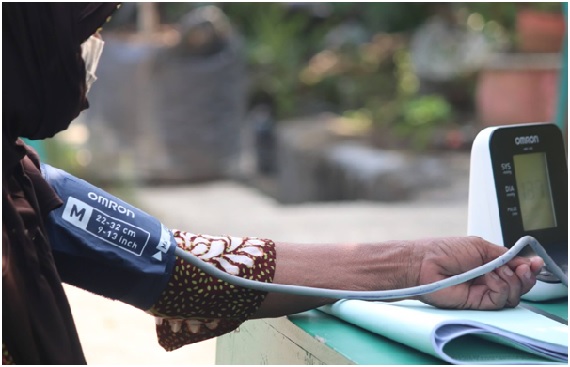What to Expect at a Health Assessment

Health assessments are a critical component of comprehensive healthcare. They allow for consistent, thorough monitoring of your mental and physical well-being, and will provide a holistic perspective of your general health.
When it comes to health testing, there are several types of assessments available, including specialized tests such as occupational health assessments, for example. However, for the purposes of this article, we’ll be focusing on the broadest type available: general health assessments.
There are four types of general assessment; brief assessment, standard assessment, long assessment, and prolonged assessment. The type of testing you need will depend on personal factors. Brief and standard health assessments are available to anyone, but long and prolonged tests are performed in the case of a pre-existing condition.
The process of assessment remains largely the same across all four assessment types, and only the relevant procedures and length of examination will differ. With that in mind, let’s move on to the process itself, beginning with what to expect once you’ve arrived for your assessment.
Process for general assessment
If it’s your first time, you’ll have to complete a basic information form. This will include consent for your screening tests. Screening tests are determined by your age, and they differ according to the most common medical conditions for each age group.
If you’re already registered with a healthcare provider, your doctor will inquire about any updates to your medical history, including any new symptoms or conditions you may be experiencing.
The most important factor is to remain as honest as possible during your initial assessment. Being on medication, regardless of whether it’s prescribed or not, can significantly impact your test results. Smoking, drinking, and other unhealthy activities should also be disclosed for accurate health analysis.
![]()
The next step is to check physical measurements, such as your height, weight, and body mass index (BMI). These will be compared to previous measurements if possible, along with your blood pressure, heart rate, and lung capacity.
In general, blood, urine, and other advanced tests are only done upon request. They can be quite costly to perform, and ideally, they should be used to diagnose or confirm the presence of a suspected condition.
Once your screening tests are complete and the results have been produced, your doctor should go over the information with you and provide insight into your current health status. If there are any potential health issues, you’ll be made aware of them, and should receive feedback on what you can do to avoid or alleviate the problem.
Why are assessments useful?
Cancer and type 2 diabetes are two of the most prevalent conditions affecting the world. They are often referred to as ‘hidden killers’, due to the fact that many cases are either caught too late or go completely unnoticed.
Heart disease and stroke also plague modern society, and much like the aforementioned conditions, they arrive unexpectedly for many people. However, if early warning signs are detected, preventative measures and treatment plans can be implemented as soon as possible.
Regular health checkups are the most effective means of avoiding and detecting all of the conditions we’ve mentioned, as well as many other threats to your health. Preventable diseases cause thousands of deaths every year, and every life that could have been saved by early detection is a tragedy that could have been prevented.
Consistent observation of your health can clear any doubts and worries you might have, giving you priceless peace of mind when it comes to health and wellness. It allows you to maintain a healthy and active lifestyle, providing all the feedback you need to live a long and prosperous life.
When are assessments critical?
Assessments can be expensive, and insurance companies aren’t willing to cover weekly or monthly checkups simply to satisfy your curiosity. If you’re under 50 and consider yourself to be in good health, a general assessment should be performed once every 2 to 3 years.
Diabetes and other metabolic disorders should be tested for from as early as 40, while chronic conditions such as heart disease and hypertension can become regular screening tests from as early as 35.
Disabilities and old age are the exceptions to the rule. People with physical or intellectual disabilities, and those over the age of 70, should go for an annual health assessment to evaluate health risks that are common in weaker or compromised immune systems.
Apart from the general guidelines we’ve mentioned, don’t hesitate to book a checkup if you notice a change in your day-to-day health. Whether that change makes you feel more or less healthy is inconsequential, and the main objective should be remaining as informed as possible at all times.
